Related Research Articles
The year 1870 in the history of the Cape Colony marks the dawn of a new era in South Africa, and it can be said that the development of modern South Africa began on that date. Despite political complications that arose from time to time, progress in Cape Colony continued at a steady pace until the outbreak of the Anglo-Boer Wars in 1899. The discovery of diamonds in the Orange River in 1867 was immediately followed by similar finds in the Vaal River. This led to the rapid occupation and development of huge tracts of the country, which had hitherto been sparsely inhabited. Dutoitspan and Bultfontein diamond mines were discovered in 1870, and in 1871 the even richer mines of Kimberley and De Beers were discovered. These four great deposits of mineral wealth were incredibly productive, and constituted the greatest industrial asset that the Colony possessed.

Uitenhage, officially renamed Kariega, is a South African town in the Eastern Cape Province. It is well known for the Volkswagen factory located there, which is the biggest car factory on the African continent. Along with the city of Port Elizabeth and the small town of Despatch, it forms the Nelson Mandela Bay Metropolitan Municipality.
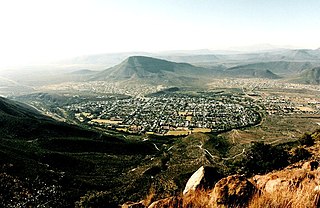
Graaff-Reinet is a town in the Eastern Cape Province of South Africa. It is the oldest town in the province and the fourth oldest town in South Africa, after Cape Town, Stellenbosch, Simon's Town, Paarl and Swellendam. The town was the centre of a short-lived republic in the late 18th century. The town was a starting point for Great Trek groups led by Gerrit Maritz and Piet Retief and furnished large numbers of the Voortrekkers in 1835–1842.
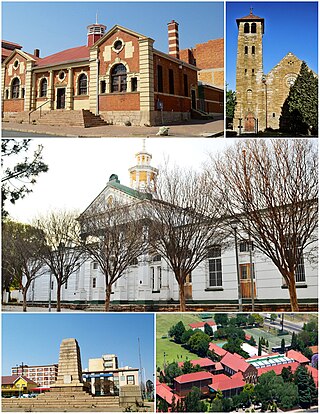
Boksburg is a city on the East Rand (Ekurhuleni) of Gauteng province of South Africa. Gold was discovered in Boksburg in 1887. Boksburg was named after the State Secretary of the South African Republic, W. Eduard Bok. The Main Reef Road linked Boksburg to all the other major mining towns on the Witwatersrand and the Angelo Hotel (1887) was used as a staging post.

John Xavier Merriman was a South African politician who served as the eleventh Prime Minister of the Cape Colony from 1908 to 1910. He was the last prime minister of the Cape Colony before the formation of the Union of South Africa in 1910.

A referendum on ending apartheid was held in South Africa on 17 March 1992. The referendum was limited to white South African voters, who were asked whether or not they supported the negotiated reforms begun by State President F. W. de Klerk two years earlier, in which he proposed to end the apartheid system that had been implemented since 1948. The result of the election was a large victory for the "yes" side, which ultimately resulted in apartheid being lifted. Universal suffrage was introduced two years later.
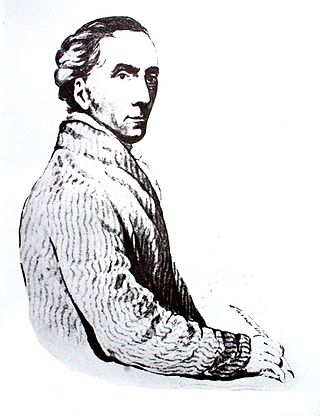
Louis Michel Thibault, was a French-born South African architect and engineer who designed numerous buildings in the Cape Colony. He was South Africa's first trained architect and brought with him a distinctive mannered neo-classicism.

Sir John Gordon Sprigg, was an English-born colonial administrator and politician who served as prime minister of the Cape Colony on four different occasions.
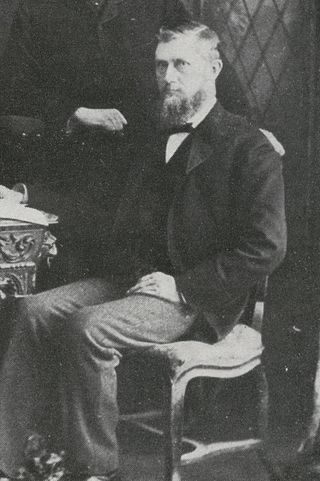
Sir Thomas Charles Scanlen was a politician and administrator of the Cape Colony.

John Fairbairn was a newspaper proprietor, educator, financier and politician of the Cape Colony.
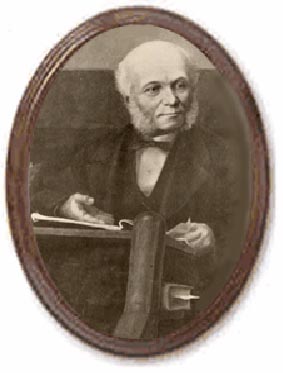
Saul Solomon was an influential liberal politician of the Cape Colony, a British colony in what is now South Africa. Solomon was an important member of the movement for responsible government and an opponent of Lord Carnarvon's Confederation scheme.

John ("Jock") Paterson was a prominent politician and successful businessman of the Cape Colony, and had a great influence on the development of Port Elizabeth where he was based. He ran newspapers, established the Grey Institute and played a significant role in founding South Africa's Standard Bank.

Justice Andries Stockenström, second son of Sir Andries Stockenström, was an influential judge in the Cape Colony. He was appointed Attorney-General of the Cape in 1877, but died soon after his appointment at the age of 36.

The Parliament of the Cape of Good Hope functioned as the legislature of the Cape Colony, from its founding in 1853, until the creation of the Union of South Africa in 1910, when it was dissolved and the Parliament of South Africa was established. It consisted of the House of Assembly and the legislative council.
Augustus Joseph Tancred was a founding member of the Cape Legislative Assembly.
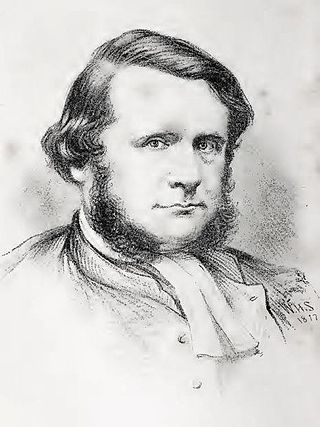
Egidius Benedictus Watermeyer, informally known simply as "Ben", was a Judge and a founding Member of the Cape Legislative Assembly.
William Matthew Harries MLC MLA was an influential member of both houses of the Parliament of the Cape of Good Hope.

The Eastern Province Separatist League was a loose political movement of the 19th century Cape Colony. It fought not for independence, but for a separate colony in the eastern half of the Cape Colony independent from the Cape government, with a more restrictive political system and an expansionist policy eastwards against the remaining independent Xhosa states. It was crushed in the 1870s, and many of its members later moved to the new pro-imperialist, Rhodesian “progressive party”.

The first election for the Parliament of the Cape of Good Hope was held in 1854. There were no clear party lines, however many representatives for Eastern electoral districts subscribed to a common programme which emphasised separation from the Cape Colony or moving the seat of colonial government eastward, a vagrancy law, or increasing the property qualification part of the franchise.

The Republic of Swellendam was founded in 1795 with the dissatisfaction towards the Dutch East India Company caused the burghers of Swellendam to revolt, and on 17 June 1795 they declared themselves a republic. Hermanus Steyn was appointed as President of the Republic of Swellendam. The burghers of Swellendam started to call themselves "national burghers" – after the style of the French Revolution. However, the Republic was short-lived and was ended on 4 November 1795 when the Cape was occupied by the Kingdom of Great Britain.
References
- ↑ "RootsWeb: SOUTH-AFRICA-EASTERN-CAPE-L [ZA-EC] The Graaff-Reinet Drostdy - Part II". archiver.rootsweb.ancestry.com. Archived from the original on 4 March 2016.
- ↑ "Engelenburg House Art Museum". 14 June 2012.
- ↑ J.L. McCracken: The Cape Parliament, 1854-1910. Clarendon Press: Oxford. p.1967. p.48.
- ↑ R. Kilpin: The Old Cape House. Cape Town: Maskew Miller. p.20.
- ↑ Molteno, P. A. The Life and Times of John Charles Molteno. Comprising a History of Representative Institutions and Responsible Government at the Cape, Volume II. London: Smith, Elder & Co., Waterloo Place, 1900. p.218.
- ↑ Lee, Sidney. Dictionary of National Biography (1st supplement) 3. London: Smith, Elder & Co. p.860.
- ↑ "Ancestors of Jeremias Frederik ZIERVOGEL". Archived from the original on 12 September 2013. Retrieved 12 September 2013.
- ↑ "ZIERVOGEL Carel Ewald". www.stamouers.com.